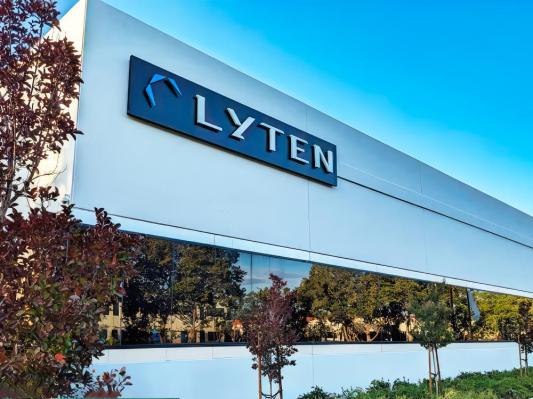Lyten, a startup that aims to crank out lightweight, lithium-sulfur batteries for electric vehicles, announced a $200 million round on Tuesday.
The big Series B raise was led by Prime Movers Labs, a venture firm from OpenGov co-founder Dakin Sloss. A handful of brands — Stellantis, FedEx and Honeywell — also chipped in.
Lyten said in a statement that the cash will help it launch an “automated pilot line” in San Jose, California, where it plans to start shipping EV batteries in 2024. Crucially, the company says its batteries won’t include some of the key minerals in lithium-ion batteries — nickel, manganese, cobalt, and graphite.
Lithium-sulfur batteries offer potentially greater energy storage than their lithium-ion counterparts, which means they could lessen the staggering heft of many EVs. In theory, their widespread adoption could boost EV range while potentially reducing EVs’ environmental impact. Sulfur is also cheaper than those aforementioned metals. Yet, Li-S batteries have generally suffered from shorter life spans than Li-ion batteries. Scaling up production is another challenge.
Zooming out: VCs are showing a serious appetite for EV-focused battery startups lately. Lyten’s raise closely follows some huge funding rounds, including Ascend Elements’ $542 million Series D and Redwood Materials’ $1 billion Series D.
Lyten differs from those companies in several ways; it does not focus on recycling spent batteries, and it also has its hands in developing Internet-of-Things sensors. That explains why Honeywell, a company invested in smart-home tech, joined in on Lyten’s latest funding round.
